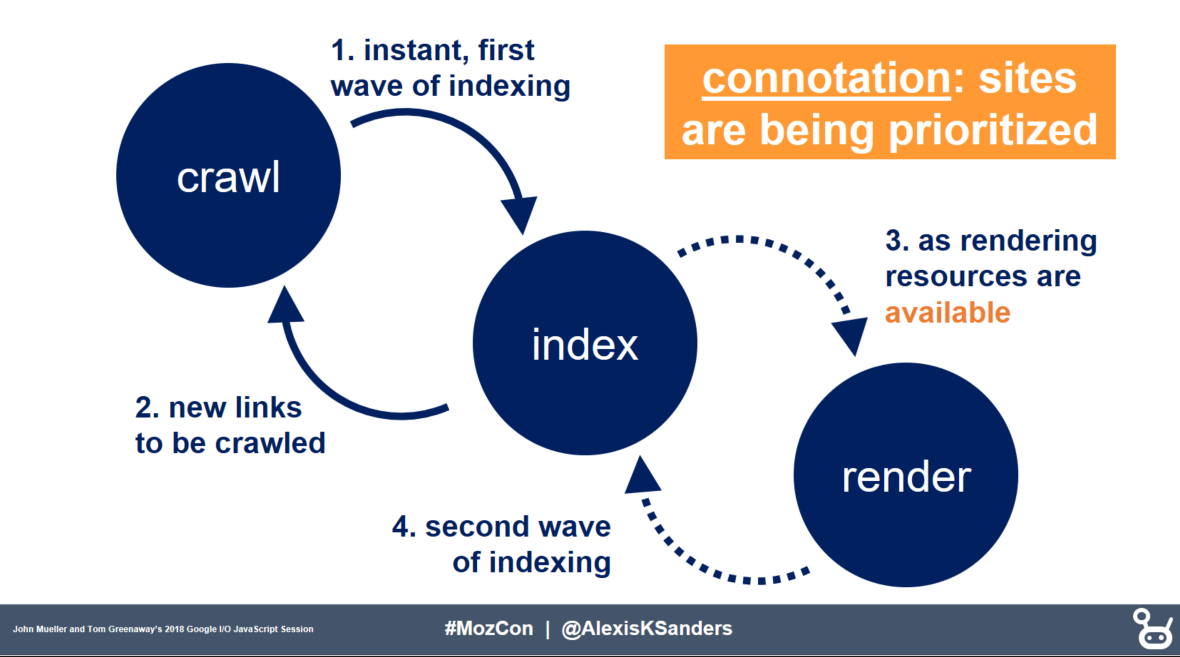Silverlight used to offer 'deep zoom', a technology that respected bandwidth as the user zoomed in and out. Finally, after many years I found a use for it; using images from a hot air ballon for students to see the effects of climate change on a micro, and macro level. Deep Zoom Composer: desktop app for Windows: DZI: DeepZoomTools.dll.NET library, comes with Deep Zoom Composer: DZI: DZT: an image slicing library and tool written in Ruby: DZI: Gmap Uploader Tiler: C: DZI: HD View Utilities: Photoshop plugin and command-line tool (Windows) DZI: Image Composite Editor: panoramic image stitcher from Microsoft.

Microsoft Deep Zoom
Hi,
Let’s have some fun with Microsoft Deep Zoom Composer. It’s one of the fastest, smoothest, zooming technology on the Web, bringing the highest resolution images and frame rates with the lowest load times to users.

Deep Zoom also enables the display of thousands of items simultaneously, giving designers and developers new opportunities to create innovative navigation paradigms for both applications and the Web.
In order to be able to create and use this feature you will need to download “Microsoft Deep Zoom Composer”:
Microsoft Deep Zoom Conference

Here are the steps after downloading this tool:
1) Open Deep Zoom Composer, create a new project – I have named my project DZ_MugShots
2) Prepare your mug shots – I downloaded 90 images from internet and saved them in a local folder called MugShots

3) Click Add image and import all images from your local image folder.
4) Click Compose and drag all of the images from the Images pane onto the work space.
5) Right click on one of the images and click arrange à align à arrange into a grid
- I aligned the 90 images into a grid with 5 rows of 18 images.
6) Click Export pane and set the following settings.
- Output type: Silverlight Deep Zoom
- Name: DZ_MugShots
- Export options: Export as a collection (multiple images)
- Templates: Deep Zoom Navigation (Default)
7) Click Export
8) The project will create all required files under ….DZ_MugShotsExported Datadz_mugshots
9) Note that the generated XAP file can be easily placed inside a web part and be added to a SharePoint page
10) Click test.html and it will open the generated Silverlight component in browser
Microsoft Deep Zoom App
Cheers,
Nader Heshmat
Microsoft Music Composer
Single Post Navigation
